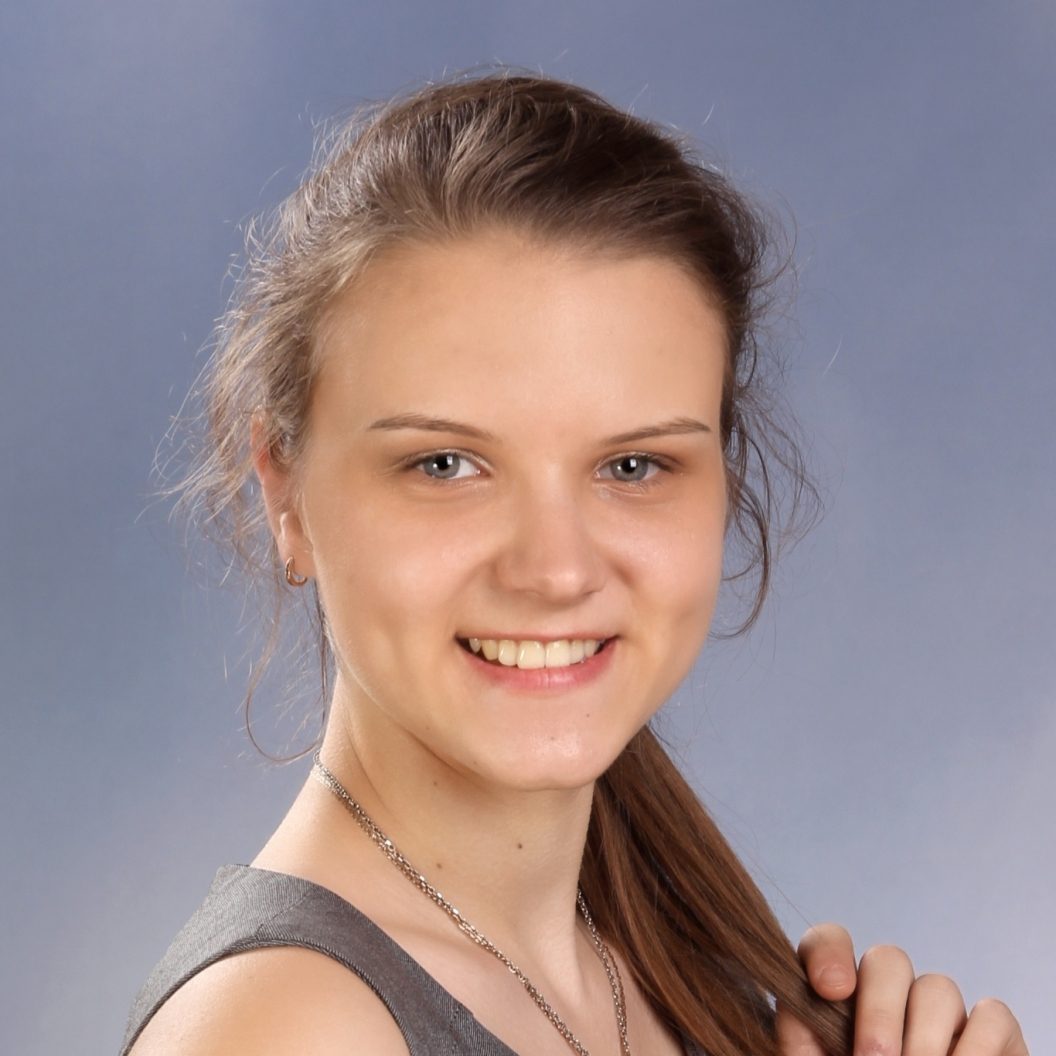Since the hybrid occupation of Belarus in February 2022, which coincided with onset of the war in neighboring Ukraine, the question of how to support the civil society of Belarus and ensure the return of the country to a sovereign, democratic status is ever-more pertinent.
The Belarus Research Network on Neighborhood Policy aims to:
- Produce facts-based debate on relevant topics for the development and understanding of Belarus;
- Inform local and regional policymakers on key policy issues of importance to Belarus;
- Inform a wider audience about the developments in Belarus and ensure that a democratic Belarus remains one of the priorities on the regional agenda;
- Establish a network of experts on Belarus across the Nordic and Baltic countries.
This project has been set up for researchers from Belarus to be brought into the regional context, and to ensure equal partnership between Belarusian, Nordic and Baltic research communities.
This project has been organized by a consortium of five partners from Latvia (the Latvian Institute of International Affairs), Denmark (the Danish Foreign Policy Society, the Danish Cultural Institute in Estonia, Latvia and Lithuania, and Beladania Culture Society), and Lithuania (the Center for Belarus and Regional Studies at the European Humanities University).
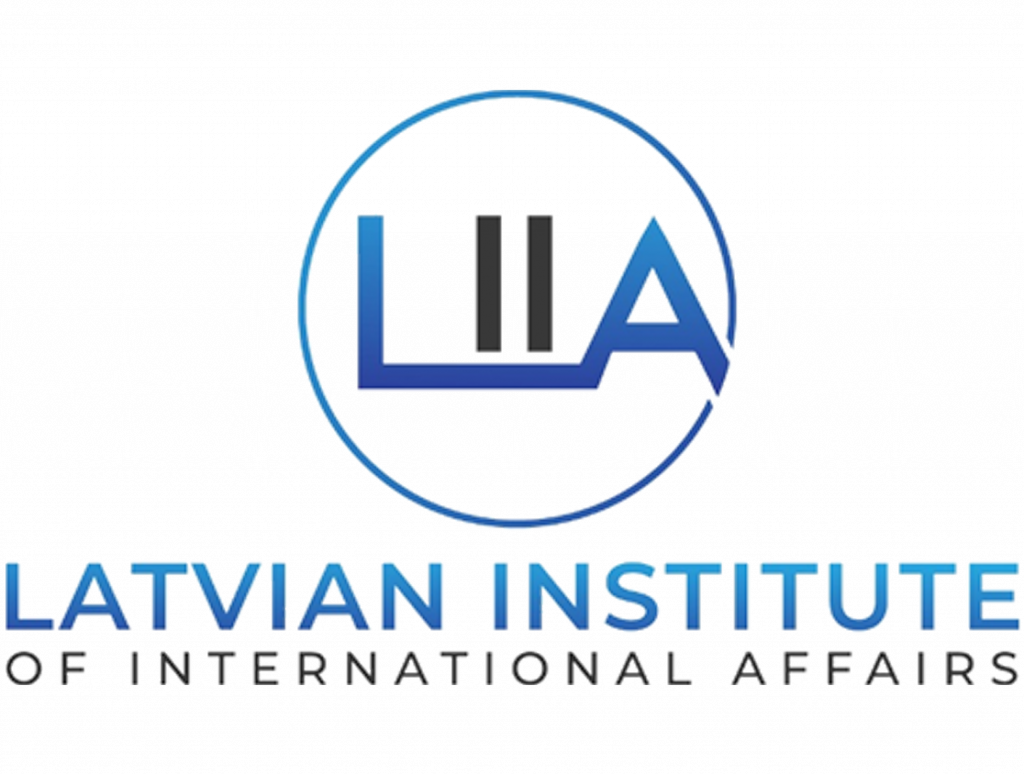
The Latvian Institute of International Affairs (LIIA) is Latvia’s oldest research center, and it is the country’s best known and most internationally recognized think tank specializing in international affairs. The aim of LIIA is to carry out scientific work and analytical research, as well as to provide expert opinions on Latvia’s challenges, development scenarios and strategies within the international and regional security, political, and economic system. The Institute conducts research, issues publications, and organizes lectures, seminars and conferences related to international policy issues, collaborating with Latvian and foreign partners on its projects. LIIA’s activities are currently financed through individual projects and the Institute does not receive core funding from any governmental or non-governmental organization.
The Danish Foreign Policy Society (DFPS) was formed in October 1946, mainly by people from the Danish resistance movement and their associates, in response to what they regarded as an elitist and defensive foreign policy conducted before and during World War II without popular support in Denmark. The DFPS is independent of both political parties and businesses, as well as organizational interests. DFPS has a membership base of approximately 1,600 members. By strengthening the Danish people’s understanding of foreign policy and the world as such, it hopes to contribute to the active and useful participation and involvement of the Kingdom of Denmark in the world. DFPS strengthens the understanding of international relations and foreign policy contexts through seminars, conferences, events and panel debates on significant foreign policy issues in the cities of both Copenhagen and Aarhus.
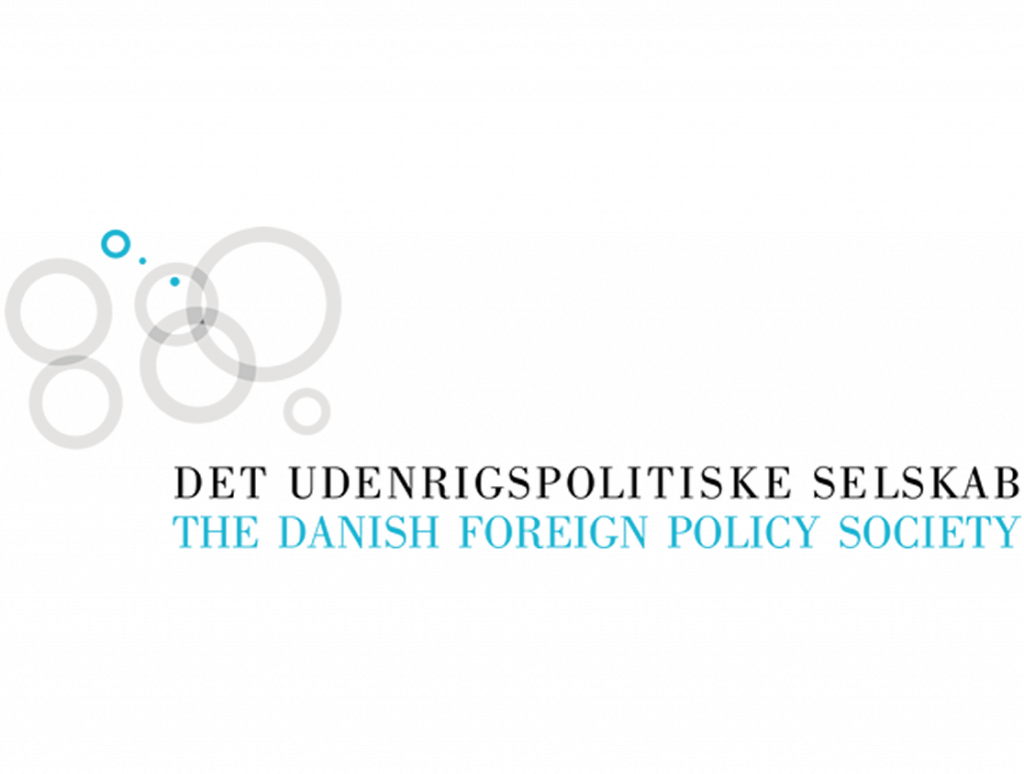

The Center for Belarus and Regional Studies (CBRS) of the European Humanities University, established in 2007, is focused on impartial and critical research of Belarusian history, culture, society, politics, economics and media from a regional comparative perspective, ensuring a high quality of education based on international experience and through the integration of study programs with research and creative and applied projects. CBRS aims to be an interdisciplinary, international and independent platform for investigation and discussions, critical reflection and the popularization of knowledge about the past and current Belarusian social reality, as well as contemporary challenges that are faced by the neighboring countries and their effect on the region.
Danish-Belarusian Culture Society BELADANIA is a non-profit organisation for Danes interested in Belarus and Belarusians keen on Denmark. Established in 2017, BELADANIA is a Danish-based NGO whose purpose is to create a permanent long-term hub for knowledge exchange and networking as a practical tool for civil society, business and academia promoting dialogue and regional cooperation of Nordic and Baltic countries with Belarus.
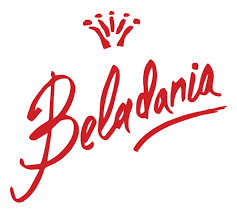
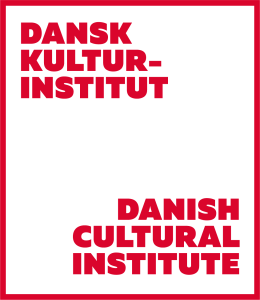
Danish Cultural Institute is a self-governing institution. Since 1940 we have been engaged in fostering mutual understanding between people and cultures.
The partners are represented by experienced researchers on Belarus:

Beāte Livdanska
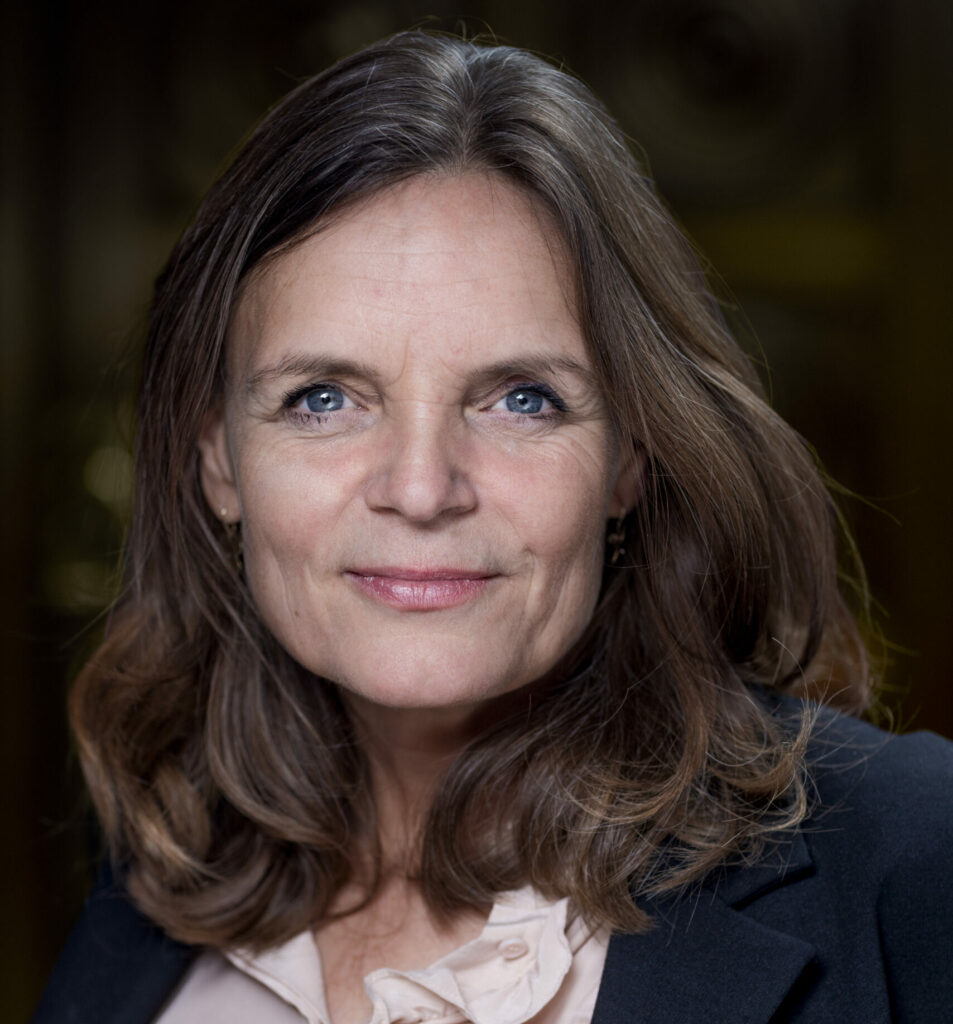
Charlotte Flindt Pedersen
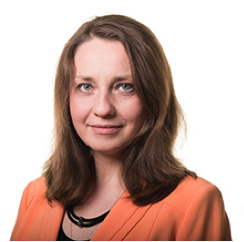
Lizaveta Dubinka-Hushcha
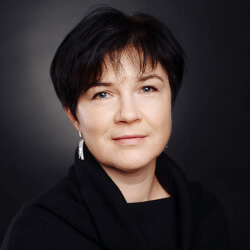
Iryna Ramanava
